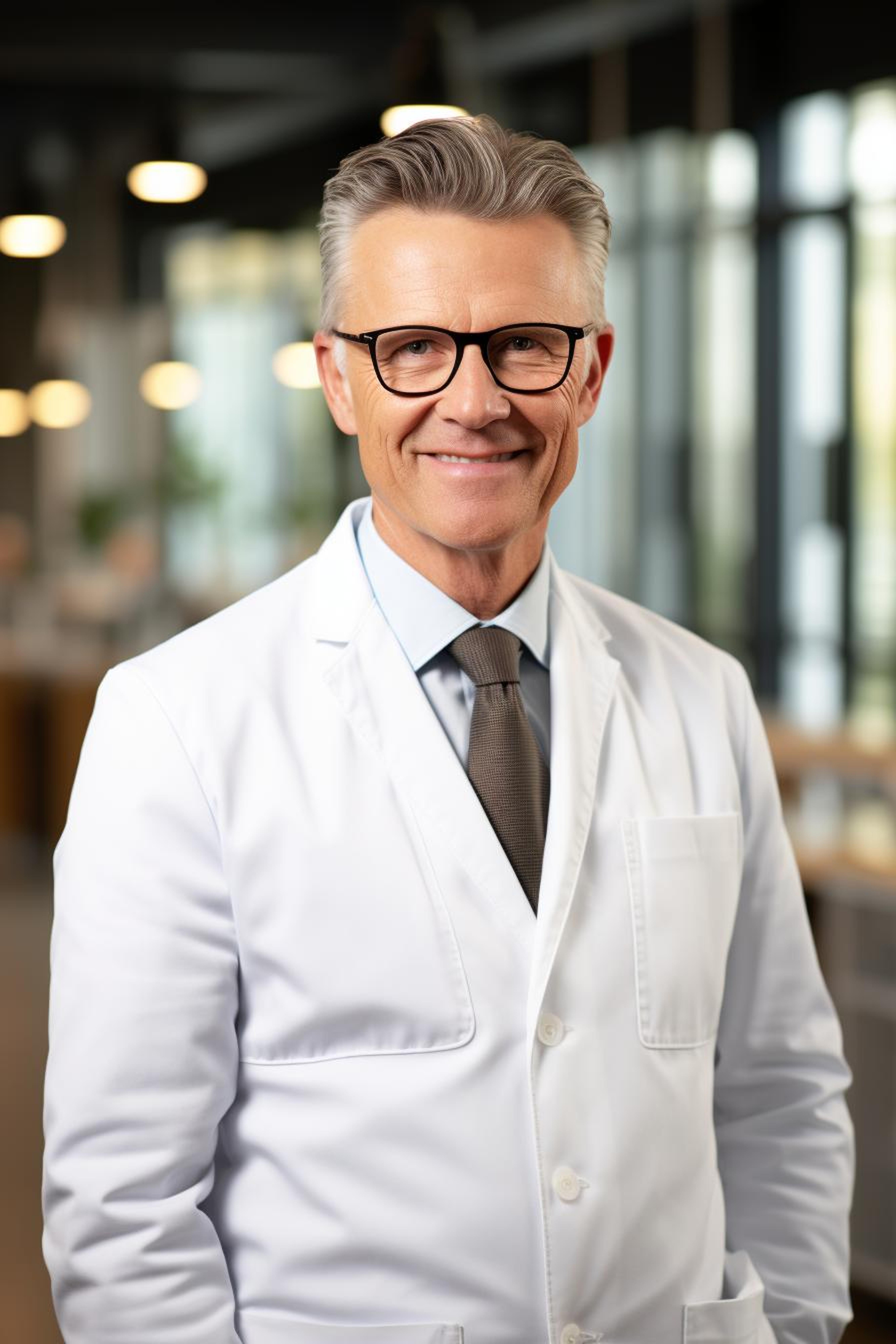Esophageal Dilation in Dallas, TX
What is esophageal dilation?
Esophageal dilation is a process in which your GI doctor at Digestive Health Associates of Texas will expand (or spread out) a constricted or blocked section of your esophagus. Esophageal dilation is normally carried out as an endoscopic test to treat gastrointestinal concerns that accompany the narrowing (called a stricture) of the esophagus.
Most frequently utilized is balloon dilation, where the balloon is inserted at the spot of the stricture using the camera on an endoscope and is then enlarged to spread the esophagus. Esophageal dilation is not utilized as an approach to cure any illnesses or ailments, but as a remedial procedure to assuage symptoms. For this reason, you might need to receive esophageal dilation therapy many times, based on the nature of your condition. If you are in need of esophageal dilation please contact our Dallas, TX network to find a location near you.

Who needs esophageal dilation?
There are various reasons a person may benefit from esophageal dilation. Some of the general issues that frequently result in an esophageal dilation procedure can include:
- Esophageal cancer
- Eosinophilic esophagitis (EoE)
- Chemical harm to the esophagus that results in inflammation and narrowing
- GERD (chronic acid reflux)
Contact Digestive Health Associates of Texas to find a GI specialist that can perform esophageal dilation in Dallas, TX so that you may obtain the relief you need.
What can I eat after esophageal dilation?
Most clients who receive esophageal dilation in Dallas, TX could return to consuming their standard diet following the procedure when any numbness subsides. Begin by consuming tender foods, such as bananas, eggs, and pudding, especially if you still find problems swallowing. Grind your food thoroughly before swallowing. Communicate with your doctor regarding any issues you may experience, and for more information on what food is appropriate for you.
Is esophageal dilation safe?
Complications during esophageal dilation are unusual when performed by expressly trained doctors, however, even when performed correctly, the treatment can potentially produce difficulties. Such problems, while infrequent, include splitting of the esophagus lining, bleeding, and adverse response to anesthesia. Speak with your specialist about any fears you have, and particular risks for your condition.
